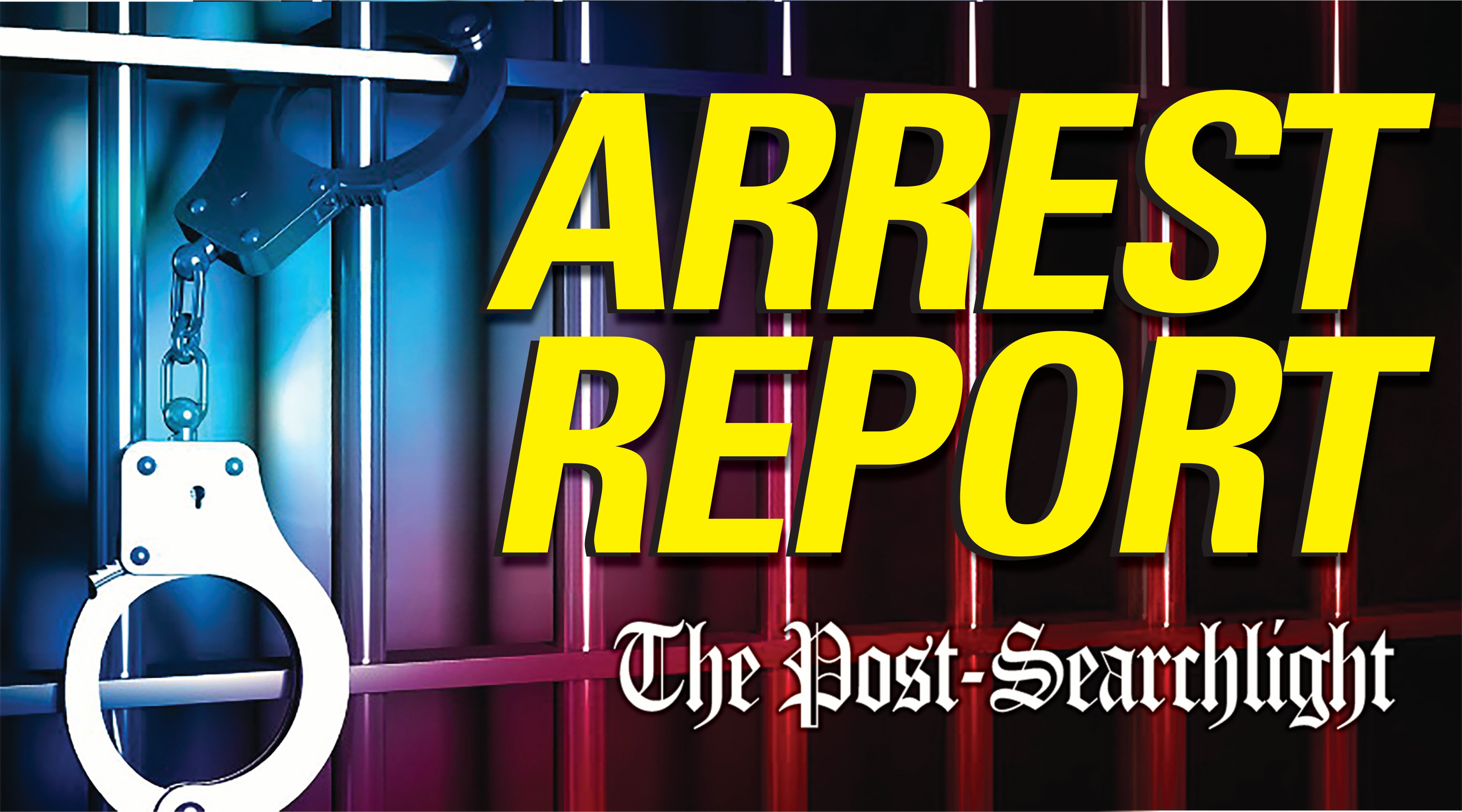City Council adds sewer cap after accidentally removing it
Published 8:02 pm Tuesday, November 1, 2016
The City of Bainbridge’s new fee system for water and sewer went into effect on Oct. 1. The average customer was expected to see a $10 increase to their monthly bill, but some customers have seen a massive increase after the city accidentally removed the cap on sewage charges.
“I didn’t even occur to me that we were going to have a problem on the sewer side,” City Manager Chris Hobby said. “In hindsight it should have. We have about 10-percent of our customers, about 550 people, that exceed that 10,000 gallons a month, which used to be the old cap.”
At Tuesday night’s city council meeting, the council passed a resolution in a 3-1 vote to retroactively institute a 12,000-gallon cap on sewage charges. Roslyn Palmer was the lone dissenting vote. Joe Sweet and Kregg Close were not at the meeting.
“What that number is based on is the average inside water consumption for a U.S. household,” Hobby said. “If that’s the average U.S. consumption, that’s a good number for us to start as a cap.”
Palmer was in favor of setting the cap at 15,000 or 20,000 gallons and said that her preferred system would be to have a tiered system where users with an irrigation system would have a higher cap than those residential customers without one. Phil Long was also in favor of a higher cap, but voted in favor of the resolution.
The charge for sewer will be capped at $23.64 a month or $1.97 per 1,000-gallons up to the 12,000-gallon limit.
Customers that were affected will receive a credit on their next bill if they have already paid or will be able to work with the city to have their bill reduced to include the cap. Hobby said that due to some customers seeing a massive increase in their bills, they are waiving all late fees and suspended disconnects.
“If you were one of the people effected and you just weren’t able to pay the bill because it was so high, then we’re not going to cut you off,” he said. “We’ll give you the credit and then work with you to get it paid.”
Many of the customers only saw a small overcharge because of the cap being removed, according to Hobby, but some of the biggest water users saw a massive increase. For instance, there were some customers who used more than 200,000 gallons of water and they saw a jump upwards of $400 because of the cap being removed. The cap in is place so as not to overcharge customer for using water outside for activities such as watering the lawn and washing cars.
“Anytime you try to make a change in the way you’re doing things there’s always going to be some unexpected or unintended consequence,” Hobby said. “You go back and you fix it and that’s what we’re going to try to do here.”
Under the new system, residents that use a septic tank and do not have access to the city sewer system will not be charged for the service. Those resident that are on septic, but do have access to the system, such as residents on Twin Lakes Drive, will be charged as if they are sewage customers.
A city ordinance was passed in 1970 and has since been updated to read that all houses or places of employment that are located within 200 feet of a public sewer have 120 days to hook to the system or “a monthly sanitary sewer fee shall be charged to the water customer on such premises at the same rate as any other customer.”
“We’re not really pushing them to come on, but we do use this treat them as a customer charge them as a customer to try and encourage them to come on into the sanitary sewer,” Hobby said. “We’re trying to eliminate septic systems. The state recognizes that septic tanks are a possible environmental hazard and they want people to convert to sanitary sewer where its available and we’re trying to encourage that.”





